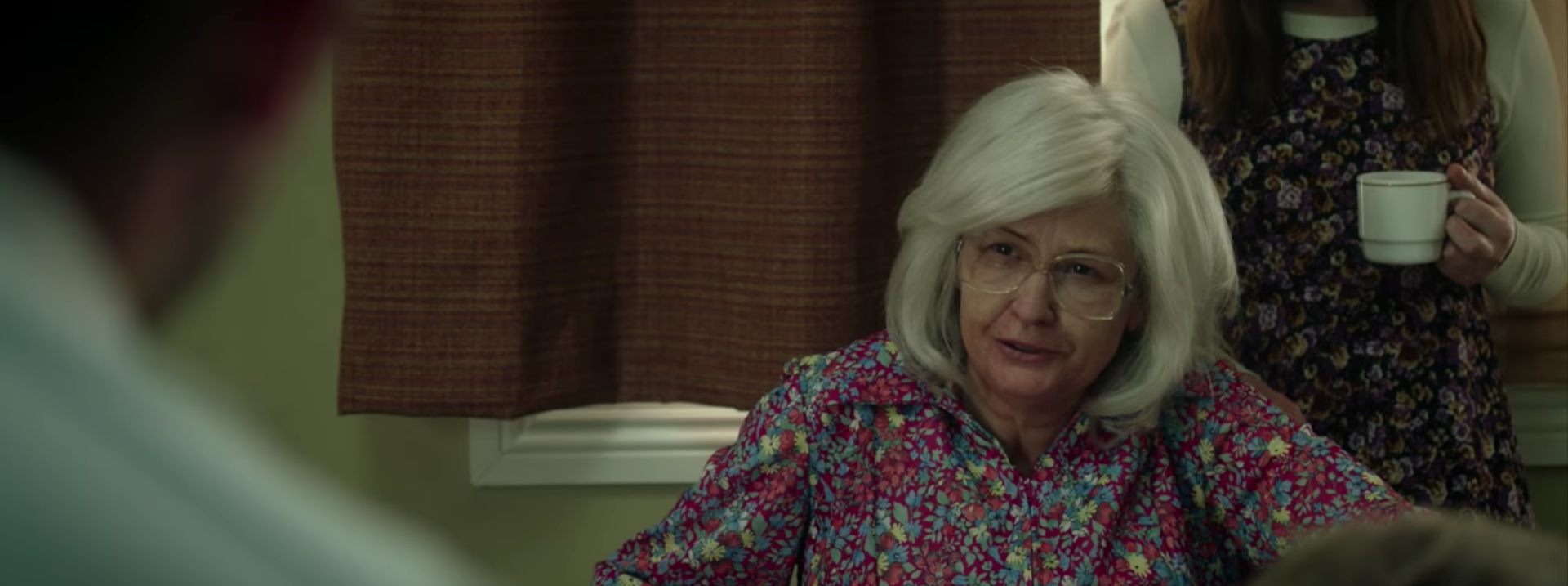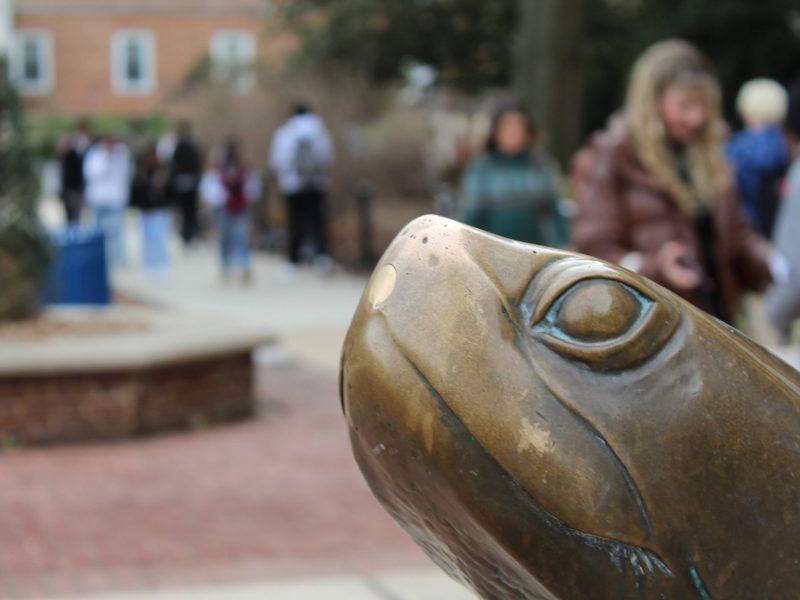The United States of America is a country founded on Christian ideals. Yes, there is religious freedom; nobody can force you to practice Christianity — or any religion for that matter — if you don’t want to. But anyone doubting that America was created under Christian rule should look no further than our Pledge of Allegiance. Every day, public school children across the country stand to recite the Pledge of Allegiance, which clearly defines America as “one nation, under God.” If that’s not enough to convince you, simply take a look at a dollar bill. “In God We Trust” is clearly stamped across the back of federal currency, giving God a shout-out every time someone whips out their wallet. While these phrases may seem harmless to some, to others they can be construed as a direct attack on what someone may (or may not) believe.
Enter Madalyn Murray O’Hair. In the late 20th century, O’Hair was one of America’s most fiercely outspoken atheists. She was the founder and president of American Atheists, and had a hand in the Supreme Court case that banned mandatory readings of the Bible in public schools. She was celebrated by many, but hated by more. In 1964, Life magazine named her “The Most Hated Woman in America.” In 2017, Netflix decided to tell her story under the same name.
The Most Hated Woman in America is Netflix’s newest shot at a biopic, focusing both on O’Hair’s life and her gruesome death. Written and directed by Tommy O’Haver, the majority of the film is set in 1995, when O’Hair (Melissa Leo), her youngest son Garth (Michael Chernus) and her granddaughter Robin (Juno Temple) are kidnapped and eventually brutally murdered. The film switches between their kidnapping and O’Hair’s earlier activism, allowing the viewer to witness the lead up to her eventual kidnapping.
Although the subject matter was undoubtedly interesting, this is the type of film I enjoyed watching once but would be perfectly happy never watching again. For one, the acting was mediocre at best. Leo provided a snarky and sharp-witted version of O’Hair, but failed to make you really want to root for the activist. The stakes just didn’t seem high enough. The viewer logically understood that this was a cause O’Hair was passionate about, but it was never fully emphasized why she was so passionate.
Along a similar vein, the film seemed to almost speed through the events of O’Hair’s life. This is a person of interest who is currently somewhat unknown by the general public. Making a biopic is the perfect way to introduce her to people, and yet it feels like we were only given a glimpse. I wanted to know more about her childhood, as well as her relationships within American Atheists. O’Hair is painted as this semi self-absorbed, fiery woman — but how did she get that way?
That being said, the film itself isn’t necessarily bad. It’s definitely an enjoyable watch, in large part because O’Hair is so unknown and interesting. In some ways it’s an important part of American history made fun, providing an adequate introduction to someone who was truly the most hated woman in America.



